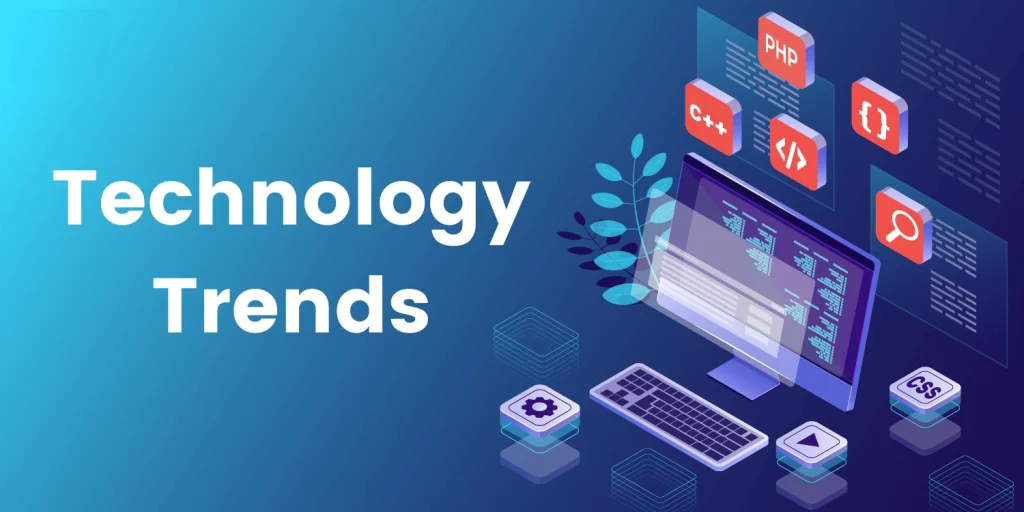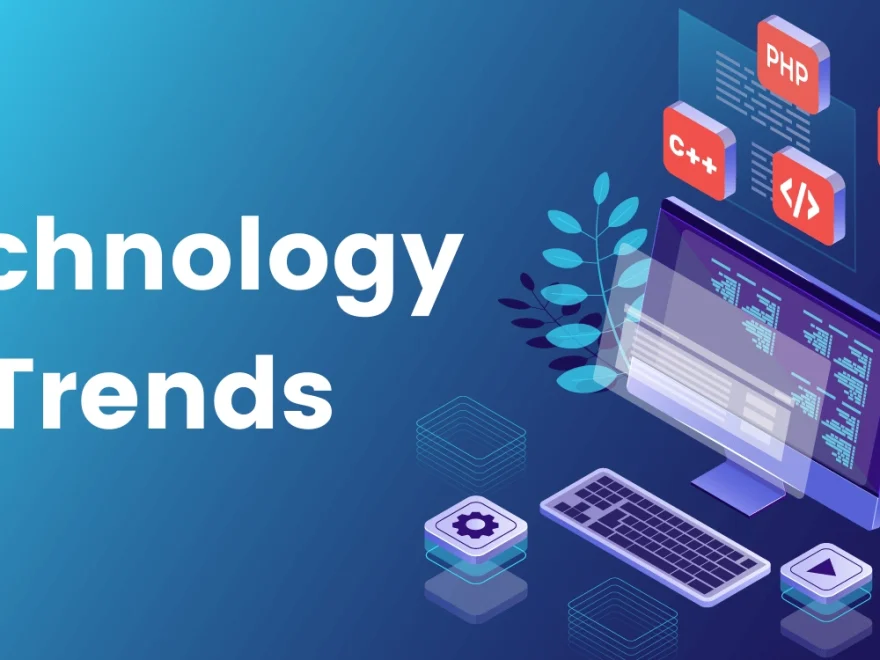In today’s rapidly evolving tech world, staying updated on the latest advancements is crucial. Betechit.com tech news brings you essential insights into the cutting-edge technologies that are shaping the future. From artificial intelligence (AI) to quantum computing breakthroughs, green tech innovations, and 5G connectivity, understanding these developments can give businesses and individuals a competitive edge.

Content
Artificial Intelligence: Revolutionizing Industries and Enhancing Lives
Artificial Intelligence (AI) is one of the most transformative technologies in today’s world. It has significantly impacted industries such as healthcare, finance, and retail by automating processes, making smarter decisions, and providing personalized experiences. As AI advancements in 2025 are set to continue at an exponential rate, businesses that adopt AI-driven solutions will have a major advantage.
- Automation of Routine Tasks: One of the primary benefits of AI is its ability to automate repetitive and mundane tasks. In industries such as manufacturing and logistics, AI-powered systems can handle routine activities, allowing human workers to focus on more strategic tasks. For instance, in supply chain management, AI tools can predict inventory needs and optimize routes for delivery, ensuring higher efficiency and lower costs.
- Personalized Customer Experiences: AI is transforming how businesses interact with customers. AI-driven personalization allows companies to tailor content and recommendations based on an individual’s preferences and browsing history. In e-commerce, for example, AI can suggest products based on previous purchases, driving both engagement and sales.
- AI in Healthcare: AI is increasingly being used in healthcare to assist with diagnoses, treatment planning, and drug discovery. Machine learning models can analyze large sets of medical data, enabling quicker and more accurate diagnoses. For instance, AI-powered tools are being used in radiology to detect early signs of diseases such as cancer and heart disease, allowing for timely intervention and better outcomes.
In the future, AI will continue to evolve, bringing more innovative applications that will help businesses improve their operations, provide better customer experiences, and solve complex challenges.
Quantum Computing: The Future of Problem-Solving
Quantum computing is a game-changing technology that leverages the principles of quantum mechanics to solve problems that are currently impossible for classical computers. While quantum computing is still in its early stages, companies like Google and IBM are pushing the boundaries of what’s possible with this technology.
- Quantum Computing and Cryptography: One of the most significant implications of quantum computing is its ability to revolutionize cryptography. Current encryption methods, such as RSA, are vulnerable to quantum computers. However, quantum computing also offers new ways of securing data. Quantum key distribution (QKD), for example, provides an unbreakable encryption method that could transform the cybersecurity landscape.
- Applications in Drug Discovery: Quantum computing has the potential to radically change industries like pharmaceuticals. Quantum algorithms can simulate molecular interactions at an unprecedented level, allowing researchers to discover new drugs more quickly and accurately. In fact, quantum computing breakthroughs could lead to faster treatments for diseases such as cancer and Alzheimer’s.
- Solving Complex Problems: Quantum computers are capable of solving highly complex problems that would take traditional computers years to solve. For instance, in logistics, quantum algorithms could optimize routes and deliveries in real time, saving time and reducing costs. Similarly, quantum computing could be used to simulate weather patterns more accurately, helping mitigate the effects of climate change.
As the technology matures, quantum computing breakthroughs in 2025 will open up new possibilities for industries ranging from finance to aerospace.
Green Tech: Sustainable Solutions for a Better Tomorrow
With growing environmental concerns, green tech innovations have become a focal point of modern technological development. Technology is not only changing the way we live but also helping us create sustainable solutions to environmental challenges.
- Renewable Energy: One of the most significant advances in green tech is the development of renewable energy solutions. Solar and wind power technologies have made great strides, and energy storage systems are becoming more efficient. Innovations in next-generation batteries are paving the way for more effective energy storage, which will make renewable energy sources like solar and wind more reliable.
- Tech in Sustainable Manufacturing: The tech industry is also adopting more sustainable manufacturing practices. By implementing energy-efficient production techniques and reducing waste, companies are able to reduce their carbon footprints. Tech companies are also increasingly adopting circular economy models, designing products that can be reused or recycled, which helps reduce the overall environmental impact of production.
- Carbon Capture Technologies: Another key area of green tech is the development of carbon capture and storage technologies. These innovations allow companies to capture and store carbon emissions, preventing them from entering the atmosphere and contributing to climate change. The deployment of such technologies could be pivotal in achieving global sustainability goals.
With more focus on sustainability, the future of green tech is promising. As green tech innovations continue to evolve, they will play a pivotal role in mitigating climate change and preserving the environment for future generations.
The Rise of 5G: The Backbone of Future Connectivity
5G is set to be the next big leap in mobile technology. Offering faster speeds, lower latency, and more reliable connectivity, 5G technology will revolutionize the way people interact with digital content and each other.
- Faster Speeds and Improved Connectivity: One of the main benefits of 5G connectivity is its ability to provide faster download and upload speeds. With 5G, streaming services, gaming, and even augmented reality experiences will be smoother and more seamless. It also allows for more devices to be connected at the same time without compromising on performance.
- 5G and the Internet of Things (IoT): The IoT is a rapidly growing field, and 5G will provide the infrastructure necessary to fully realize its potential. With 5G technology, smart devices such as home assistants, wearables, and smart vehicles will be able to communicate with each other faster and more efficiently. This will lead to the development of smarter homes, cities, and industries.
- Impact on Industry: 5G will have a profound impact on industries such as healthcare, logistics, and manufacturing. In healthcare, for example, 5G can enable telemedicine consultations with near-zero latency, ensuring that doctors and patients can interact in real-time. In logistics, real-time tracking and management of inventory will be much more efficient with 5G technology.
As 5G continues to roll out globally, it will lay the foundation for an even more interconnected world.
The Metaverse: The Next Frontier of Digital Interaction
The metaverse is a virtual universe where users can interact with each other and digital environments in real-time using augmented reality (AR), virtual reality (VR), and mixed reality (MR). What was once a concept limited to science fiction is now becoming a reality with the rise of advanced VR and AR technologies.
- Virtual Reality and Augmented Reality: The metaverse relies heavily on VR and AR to create immersive environments. In gaming, users can enter fully interactive worlds, while in education, students can explore virtual classrooms that offer an entirely new way to learn. The opportunities for AR and VR are endless, from interactive shopping experiences to live concerts and events in virtual worlds.
- Economic Opportunities in the Metaverse: The metaverse is also creating new economic opportunities. Virtual goods, including clothing and real estate, are being bought and sold as NFTs (non-fungible tokens), which has led to the rise of a new digital economy. Companies are already setting up virtual stores and events to tap into this emerging market.
- Applications in Work and Collaboration: The metaverse is expected to revolutionize how we work, collaborate, and socialize. With virtual spaces becoming more sophisticated, employees will be able to collaborate in virtual offices as if they were physically present, leading to more dynamic and interactive work environments.
As the metaverse continues to evolve, it will shape not only how we interact digitally but also how we conduct business, educate, and entertain ourselves.
Conclusion
As we continue to witness rapid advancements in AI, quantum computing, green tech, 5G connectivity, and the metaverse, it is clear that we are on the cusp of a technological revolution. These developments will not only change the way we live and work but also have a lasting impact on global industries, economies, and society as a whole. Staying updated with Betechit.com Tech News is essential to understanding the profound shifts occurring in the tech world. As these technologies continue to evolve, they will shape the future and drive innovation in ways we can only begin to imagine.
FAQs
What are the latest trends in technology at Betechit.com?
Betechit.com provides insights on AI, quantum computing, green tech, 5G, and the metaverse, highlighting how these innovations are revolutionizing industries and everyday life.
How is Artificial Intelligence (AI) transforming industries?
AI is enhancing industries by automating tasks, improving customer personalization, and advancing healthcare through better diagnostics and treatment planning.

Jerald is a blogger with a passion for technology who has been writing about the latest in the world of gadgets and gizmos. They are an avid reader of Science-Fiction novels and love to spend time with their wife and kids.

